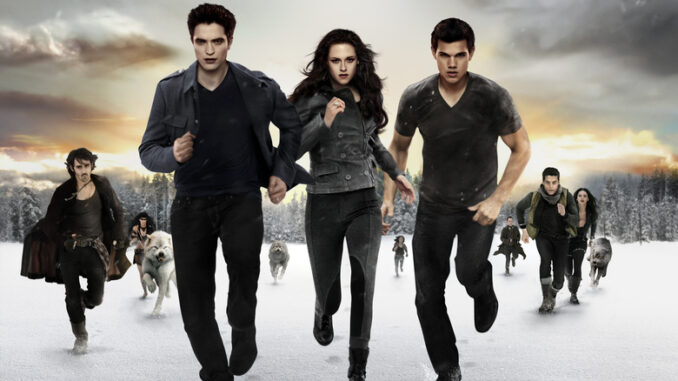
The Vampire's Quiet Epiphany: Robert Pattinson's Surprising Thoughts on Edward's Return
The name "Edward Cullen" once conjured images of a particular shade of iridescent pallor, a brooding gaze, and the undeniable magnetism of a vampire who sparkled in the sun. For many, it also conjured the face of Robert Pattinson, an actor thrust into a supernova of global fame that was, by all accounts, as exhilarating as it was overwhelming. For years, Pattinson’s relationship with the role that defined his early career seemed akin to a man who had escaped a gilded cage, frequently expressing a jaded, even disdainful, detachment from the sparkly phenomenon. Yet, recent whispers and hypothetical musings from Pattinson himself suggest a surprising, almost quiet, evolution in his perspective, hinting at a maturity that allows for acceptance, even a playful curiosity, where once there was only escape.
To understand the surprise, one must first recall the context. Pattinson's post- Twilight career was a deliberate and often defiant rejection of the teen heartthrob mold. He plunged headfirst into independent cinema, seeking out roles that were gritty, challenging, and often, deliberately unglamorous. From the manic, primal intensity of The Lighthouse to the desperate urgency of Good Time, and ultimately, the brooding, complex gravitas of The Batman, Pattinson meticulously dismantled the public's preconceived notions, proving himself an actor of profound depth and versatile range. During this transformative period, any mention of Edward Cullen was met with a polite, but firm, sidestep, or a self-deprecating chuckle that underscored his clear desire to move far beyond the shadow of the pale-faced romantic lead. The narrative was set: Edward was a past, a stepping stone, perhaps even an albatross, but certainly not a destination to which he wished to return.
And yet, in recent interviews, a different kind of thought has begun to emerge – not an emphatic "yes," but a contemplative "what if?" When posed with the hypothetical question of revisiting Edward, Pattinson no longer recoils with the almost visceral dismissal of old. Instead, there’s a flicker of an idea, a wry smile, perhaps even a hint of creative intrigue. The surprise isn't that he's suddenly clamoring to don the glitter again, but that the very concept of it no longer seems to fill him with dread. It’s no longer about escaping a perceived artistic prison, but about the possibility of re-engaging with a piece of his history from a place of secure confidence.
This shift speaks volumes about Pattinson's journey as an artist and a person. The initial disdain was perhaps a natural defense mechanism against typecasting, a necessary carving out of his own identity in an industry that loves to box actors in. Now, with a robust filmography and critical acclaim firmly under his belt, Edward Cullen is no longer a looming threat to his artistic credibility; he is a part of his story, a foundational block that, while once restrictive, now appears less like a burden and more like a distant, perhaps even fondly remembered, chapter.
One might imagine Pattinson's "surprising thoughts" as less about a genuine desire for a sequel and more about the playful freedom that comes with having nothing left to prove. Perhaps he envisions an Edward who has aged, not physically, but spiritually; an Edward wrestling with millennia of existence, or navigating the absurdity of modern life from an ancient perspective. It’s an Edward reimagined through the lens of a mature actor, someone who could imbue the character with irony, weariness, or even a profound existential angst that the original films, by their very nature, couldn't fully explore. The "surprise" lies in the subtle invitation of creative possibility, an acknowledgment that enough time has passed for the actor to look back at the vampire with a newfound, almost philosophical, curiosity, rather than a desperate need for distance.
In essence, Robert Pattinson’s evolving perspective on Edward Cullen is a testament to the transformative power of time, success, and self-acceptance. It illustrates how an artist, once defined by a breakout role, can transcend it not by erasing it, but by ultimately integrating it into a larger, more complex narrative of their career. The surprise isn't a sudden embrace of the past, but the quiet, confident way he can now acknowledge it, perhaps even entertain its shadows, knowing that his light burns brighter than any sparkling skin. It’s a quiet epiphany, a vampire's peaceful reconciliation with his own unforgettable legacy.
